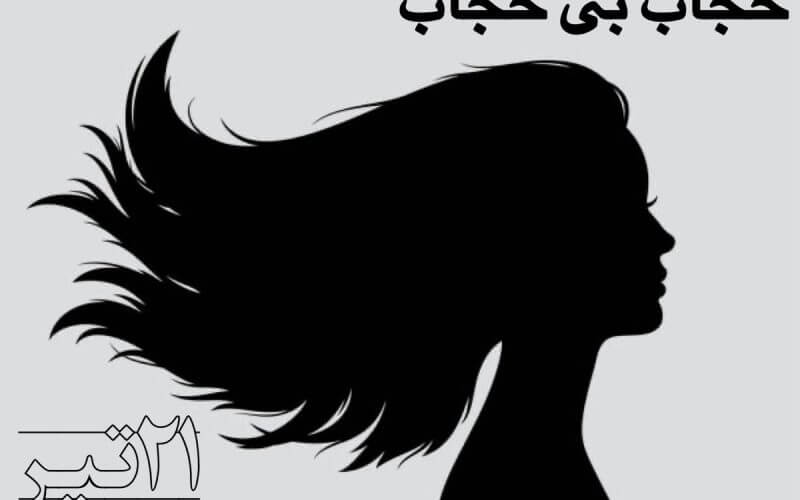Iranian women joined in a massive anti-hijab campaign across the country in defiance of the recent push by the Islamic Republic to strengthen its Sharia-based policies.
Iranian citizens, along with human rights activist groups, and pro-Iranian Democratic groups took to social media outlets like Twitter, Facebook, Instagram, Telegram, and other sites to call for massive demonstrations against the government's hijab policies and overall treatment of women.
On Twitter, the movement has over 3,996 dedicated Tweets and continues to trend with hashtags like #No2Hijab and #WalkingUnveiled. Twitter users from various parts of the world have also taken to social media to support the women's protest in Iran, hailing them as brave and strong while calling for the downfall of the Islamic government. Many photograph and video posts show women engaging in ordinary activities without the chador or hijab, with some even wearing it in public and then deliberately ripping it off for everyone to see the act of defiance.
This latest protest movement comes as the United States and its allies are engaged in ongoing nuclear negotiations with Tehran and on the eve of President Biden’s visit to the region.
In several online posts from Iranian news outlets like Iran International English, an Iranian woman is holding her phone to her face without a hijab while walking in public on the busy Baharestan Street in Tehran. In another video post, an Iranian woman is riding her bicycle without her hijab, speaking against the Islamic Republic and its policies toward women. Many women have called on their ‘fellow brothers and sisters’ to speak out, post their actions, and stand in support of their cause.
Iranian human rights organizations like the Farashgard Foundation took to social media outlets like Twitter and Instagram, posting stories, photos, and tweets that called for support for the women's protest in Iran. In one Instagram post, the foundation shared a statement from Iranian Prince Reza Pahlavi, son of the late Shah Mohammed Reza Pahlavi, praising the bravery of Iranian women and calling for Iranian men to stand with them. Many Iranian husbands are showing support of this movement, recording videos and photos on social media.
As the protests have been ongoing, President Biden and Secretary of State Antony have not officially commented on the protests, even as the President is preparing for his trip to the Middle East. Some experts speculate that the President and his team are not praising the protests to not upset Iranian officials currently negotiating with the regime over its nuclear program.
After coming into power in 1979, the Ayatollahs in Iran established strict policies against Iranians centered around Islamic Sharia law. The regime punished Iranian women, particularly those wearing ordinary clothes that showed their hair and body, banned makeup, and prevented women from having any equal rights in marriages, possession of children, or divorce. In an Islamic court, the value of a woman is half of that of a man. Over the years, Iranian women who have resisted such restrictions have faced brutal deaths, torture, and beatings from Iranian police, the Islamic morality police, and radically resolute Islamic followers of the regime.
However, as political and economic conditions continue to deteriorate in Iran, increasingly, women have come out against the regime's compulsory laws, receiving support from Iranian males, human rights groups, and prominent Western figures. During movements like the Green Revolution in 2009 and the protests in 2018, Iranian women took to the streets without their hijabs, calling for freedom, human rights, and the downfall of the Islamic Republic.
When Iranian President Ebrahim Raisi announced strict enforcement of the hijab and chastity law for women and called for a national day of celebration for these laws, experts familiar with Iran saw this as another move by the regime to consolidate its radical hardline support. The order by Raisi calls on government officials and the conservative religious elite to crack down on the "organized promotion of moral corruption in Islamic society" and encourage women to follow the longstanding rule.










